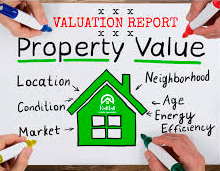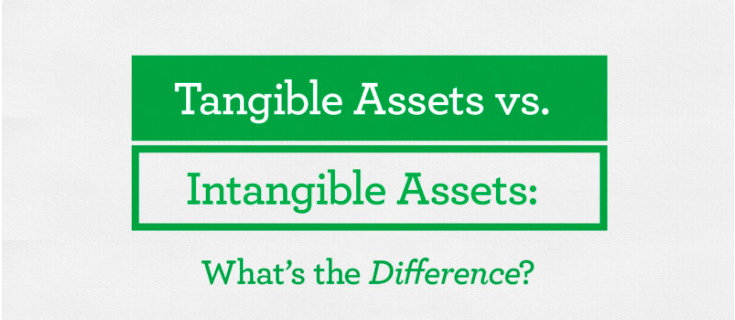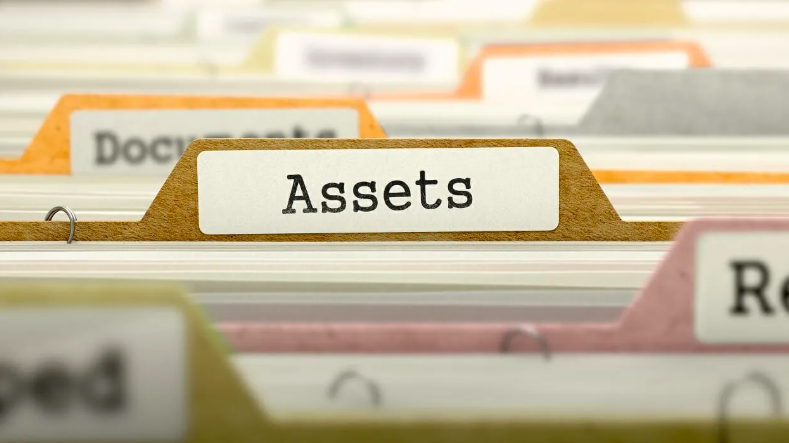
How Property Valuation Works in Nigeria: A Beginner's Guide
Property valuation is a crucial aspect of real estate, providing a basis for informed decision-making whether you're buying, selling, investing, or using a property as collateral for a loan. In Nigeria, valuation is more than just attaching a price to a property—it involves a professional and systematic process backed by legal and professional standards.
If you're new to the Nigerian property market, this guide will help you understand how property valuation works and why it's so important.
What Is Property Valuation?
Property valuation is the professional process of determining the monetary value of a property at a given point in time. It takes into account various factors including location, size, use, condition, market trends, and legal status.
In Nigeria, property valuations are carried out by registered Estate Surveyors and Valuers (ESVs), who are licensed professionals regulated by the Estate Surveyors and Valuers Registration Board of Nigeria (ESVARBON) and members of the Nigerian Institution of Estate Surveyors and Valuers (NIESV).
Why Is Property Valuation Important in Nigeria?
Valuation plays a key role in several real estate transactions and decisions, including:
Property sales and purchases
Securing mortgage loans
Tax assessments
Rental pricing
Asset management
Compensation for compulsory acquisition
Given the evolving and sometimes unpredictable nature of Nigeria's property market, a valuation report offers objectivity and professionalism.
Key Steps in the Property Valuation Process
Here’s how a typical property valuation works in Nigeria:
1. Client Briefing
The process begins with a briefing from the client. This could be a property owner, a buyer, a bank, or a legal entity. The valuer gathers information about the purpose of the valuation—whether for sale, mortgage, tax, insurance, or investment.
2. Property Inspection
The valuer visits the site to inspect the property. This includes:
Measuring land and building areas
Assessing the physical condition
Noting the type of construction
Checking infrastructure and facilities
Reviewing access roads and surrounding developments
3. Document Verification
Legal and title documents are reviewed to confirm ownership and any encumbrances. In Nigeria, the quality of documentation—such as C of O (Certificate of Occupancy), Deed of Assignment, or Governor's Consent—can significantly influence value.
4. Market Analysis
The valuer researches the current market conditions in the property’s location. This includes:
Prices of similar properties recently sold or leased
Demand and supply trends
Infrastructure developments (e.g., roads, power, drainage)
Government policies that may affect value
5. Selection of Valuation Method
The appropriate method depends on the property type and use. Common methods include:
Comparative (Sales) Approach – for residential or commercial properties
Income Capitalization – for income-generating properties like rentals
Cost Approach – for special-use properties or new constructions
6. Valuation Report Preparation
The findings are compiled into a formal valuation report, which includes:
A summary of the property
Description of methodology used
Basis of value
Assumptions and limitations
Final opinion of value
This report is signed and stamped by a registered valuer and can be used for official purposes.
Unique Factors Influencing Valuation in Nigeria
Title & Documentation: Insecure land titles or unresolved disputes can reduce property value.
Infrastructure: Availability of water, roads, and power supply can drastically affect valuation.
Security Situation: In regions facing insecurity, valuation may reflect the risk level.
Government Policies: Urban development plans or demolition threats can either boost or reduce value.
Market Distortions: Informal market activity and speculation may skew prices in some areas.
Conclusion
Understanding how property valuation works in Nigeria is essential whether you're a first-time buyer, a seasoned investor, or a developer. It provides clarity, reduces risk, and supports smarter decision-making.
Always ensure your valuation is conducted by a certified and experienced estate surveyor and valuer to get the most accurate and legally recognized outcome. In a dynamic real estate environment like Nigeria, professional valuation isn't just useful—it's necessary.

 April 13, 2025
April 13, 2025



